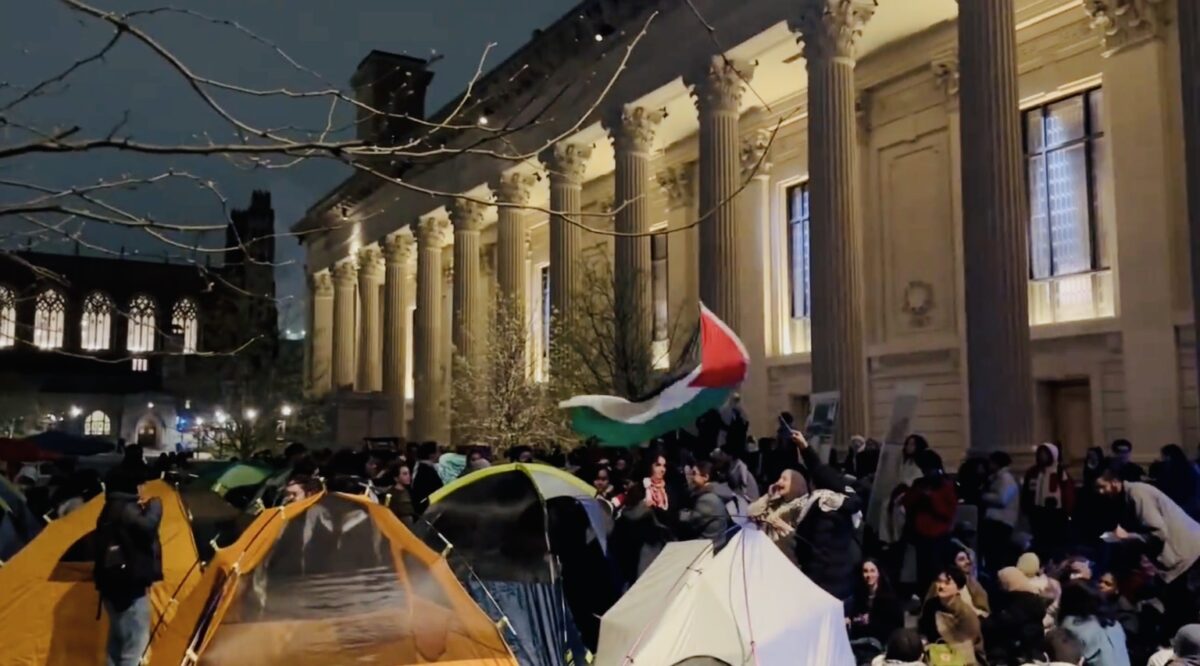The student protests that have wracked New York City’s Columbia University have spilled into campuses across the United States, creating a tidal wave of acrimony, outrage, disgust and fear.
The demonstrations have been led by vocal and aggressive Palestinian American students, their supporters and members of university faculties.
Observers have compared the nation-wide protests to the civil rights movement and the divisive demonstrations that divided America over the Vietnam war and apartheid in South Africa.
The current demonstrations erupted after Hamas terrorists attacked Israel on October 7 in a murderous rampage that claimed the lives of about 1,200 civilians and soldiers.
Palestinian students and their allies hailed the massacre as a glorious moment of national resistance. They also condemned Israel as a colonial settler state that was born in sin, that usurped Palestinian lands, and that has no right to exist as a sovereign nation.
In this respect, the demonstrators have made it crystal clear that they support the most extreme objective of the Palestinian national movement — Israel’s destruction. Debates about a two-state solution are now obsolete as far as they are concerned.
Clearly, the political tectonic plates in the United States appear to be shifting against Israel in favor of the Palestinian cause.
Yesterday, Israeli Prime Minister Benjamin Netanyahu lashed out at the protesters. “What’s happening in America’s college campuses is horrific. Antisemitic mobs have taken over leading universities. They call for the annihilation of Israel. They attack Jewish students. They attack Jewish faculty.”
The protest movement on campuses has been gaining ground since Israel’s invasion of the Gaza Strip last October. Israel’s objective was three-fold: to destroy Hamas, to remove it as Gaza’s governing authority, and to free the hostages held by Hamas.
Amid the fighting, tens of thousands of Palestinian civilians have been killed, creating a humanitarian crisis whose echoes have resounded in the United States.
Driven by rage, vengeance and a burning sense of entitlement, Palestinian students have mounted demonstrations accusing Israel of genocide, demanding an immediate ceasefire, and calling on universities to divest from companies connected to Israel.
Inevitably, Palestinian and Jewish students have clashed. In some cases, obscenities have been exchanged and antisemitic taunts have been thrown. “We don’t want no Zionists here” is an unsettling slogan often heard at Palestinian protests.
Jews, having been intimidated by their bold and assertive behavior, no longer feel safe or secure on campus. This generalization does not apply to anti-Zionist Jews, some of whom have joined the Palestinian camp. Palestinians have referred to them as “cool Jews.”
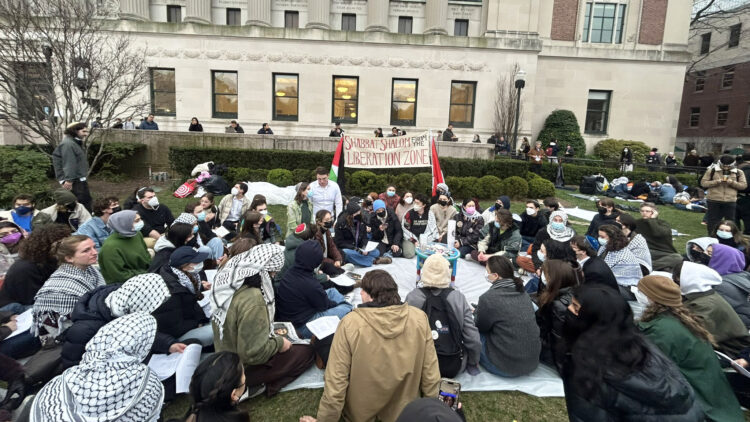
Amid the discord, university presidents have been forced to address a fundamental issue: Where can the line be drawn between freedom of speech and incitement to hatred?
Last December, Liz Magill and Claudine Gay, the presidents of the University of Pennsylvania and Harvard University, appeared before a Congressional committee and were grilled about this contentious issue. They did not acquit themselves well. At one pivotal point, they failed to state clearly that the call for “Jewish genocide” violated norms of decency and campus rules.
Columbia’s president, Nemat Shafik, did not make this egregious mistake when she testified before the Republican-led House Committee on Education and the Workforce last week. She said that calls for genocide violated Columbia’s code of conduct and agreed that disciplinary measures might be warranted for students and faculty who had used antisemitic language and incendiary phrases such as “from the river to the sea, Palestine will be free.”
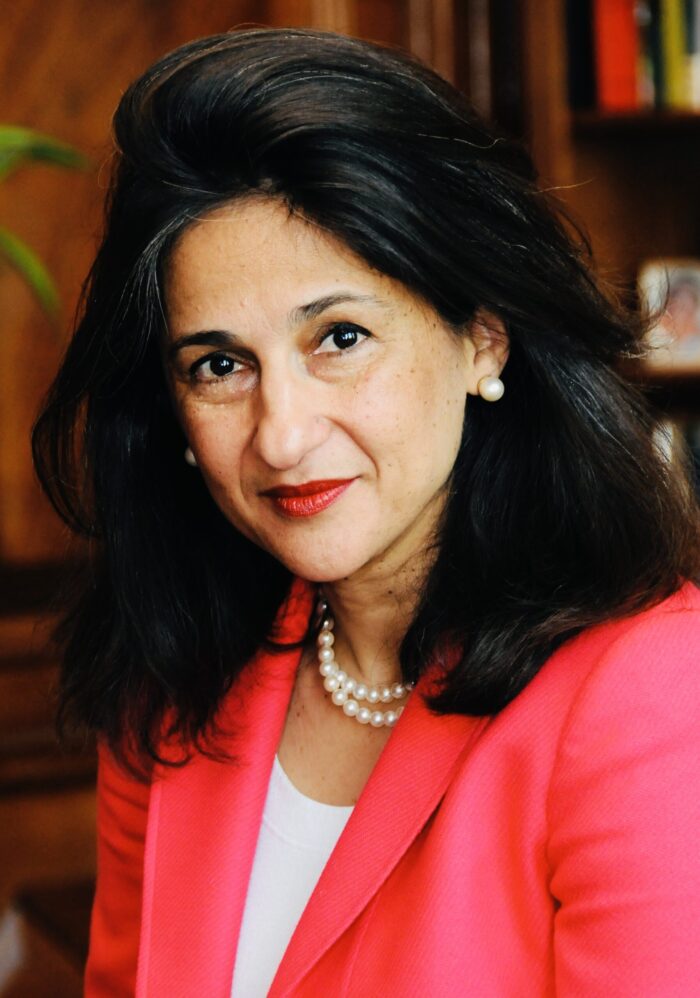
Shafik disclosed that five professors already have been removed from the classroom or dismissed for comments relating to the Israel-Hamas war. One visiting professor would “never work at Columbia again,” she added.
Hours before her appearance in Congress, protesters erected an encampment at Columbia, prompting Shafik to call the police, who arrested more than 100 students.
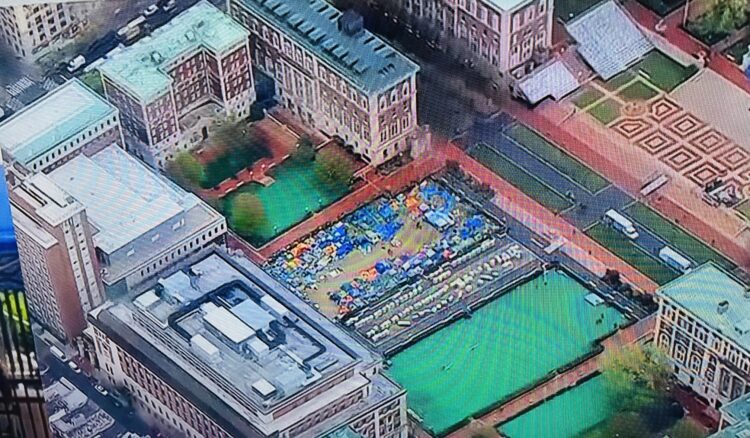
Since then, students have set up encampments on campuses ranging from New York University and Yale University to the Massachusetts Institute of Technology and the University of Michigan.
Buoyed by this development, Students for Justice in Palestine has launched a cross-campus initiative known as Popular University for Gaza and condemned universities for their “endless complicity” in “the genocide in Gaza and the colonization of Palestine.”
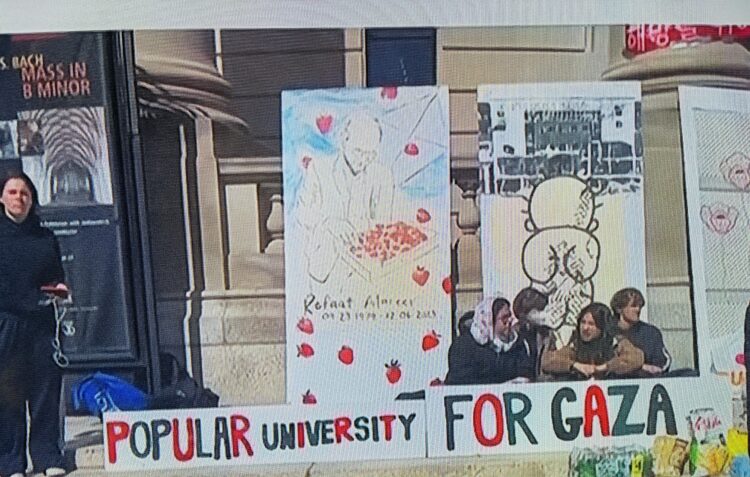
Adam Lehman, the chief executive officer of the Hillel Jewish student organization, believes that the current situation is untenable.
“These out-of-control encampments are hugely problematic. They are preventing students from taking advantage of the campus activities they’re supposed to be focused on. However well-meaning some of the protest activities may be, they’re fostering a culture of harassment and intimidation focused on Jewish students, Israeli students, and in some cases even leading to physical assault.
“This current wave of protest activities is … trafficking in discriminatory, exclusionary and sometimes violent language that we would not tolerate if it was being directed at any other minority population or group.”
Virginia Foxx, a North Carolina Republican who chairs the House Education Committee, has advised Columbia to crack down on protesters. “Columbia’s continued failure to restore order and safety constitutes a major breach of the university’s Title VI obligations, upon which federal financial assistance is contingent, and which must immediately be rectified,” she wrote in a letter to the university.
This issue has grown so contentious that President Joe Biden recently denounced “blatant antisemitism” on university campuses
The White House, in statement expressing concern over videos posted online showing some protesters voicing support for the October 7 attack, said, “While every American has the right to peaceful protest, calls for violence and physical intimidation targeting Jewish students and the Jewish community are blatantly antisemitic, unconscionable, and dangerous. And echoing the rhetoric of terrorist organizations, especially in the wake of the worst massacre committed against the Jewish people since the Holocaust, is despicable.”
U.S. Senate Majority Leader Chuck Schumer is clearly upset by the protests: “College campuses must be places of learning and discussion. Every American has a right to protest, but when protests shift to antisemitism, verbal abuse, intimidation, or glorification of the October 7 violence against Jewish people, that crosses the line. Campuses must remain safe for all students.”
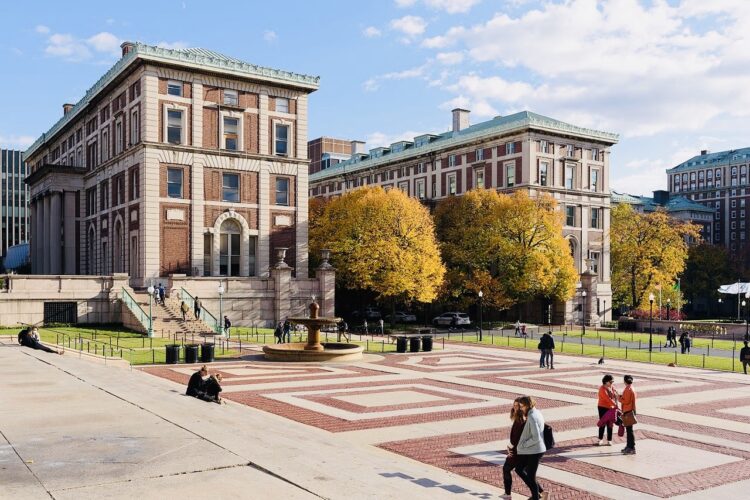
Adriano Espaillat, who represents a district in the House of Representatives that includes Columbia University, wrote on X, “At the heart of every moment in history, there has been a tipping point, and at no other time in modern day society has the current climate of antisemitism been more prevalent and pronounced as it is today.”
His colleague, Elise Stefanik, a Republican who questioned Shafik during last week’s congressional hearing, has urged Columbia to sack her.
“While Columbia’s failed leadership spent hundreds of hours preparing for the Congressional hearing, it clearly was an attempt to cover up for their abject failure to enforce their own campus rules and protect Jewish students on campus,” Stefanik said. “Over the past few months and especially the last 24 hours, Columbia’s leadership has clearly lost control of its campus putting Jewish students’ safety at risk. It is crystal clear that Columbia University — previously a beacon of academic excellence — needs new leadership.President Shafik must immediately resign, and Columbia must appoint a president who will protect Jewish students and enforce school policies.”
Mike Johnson, the Republican Speaker of the House of Representatives, visited Columbia yesterday and accused Shafik of having failed to guarantee the safety of Jewish students. Lambasting her as an “inept leader,” he urged her to resign if she cannot immediately tamp down the chaos.
This is the gruelling test that she and other university presidents face as the raucous Palestinian protests multiply.
